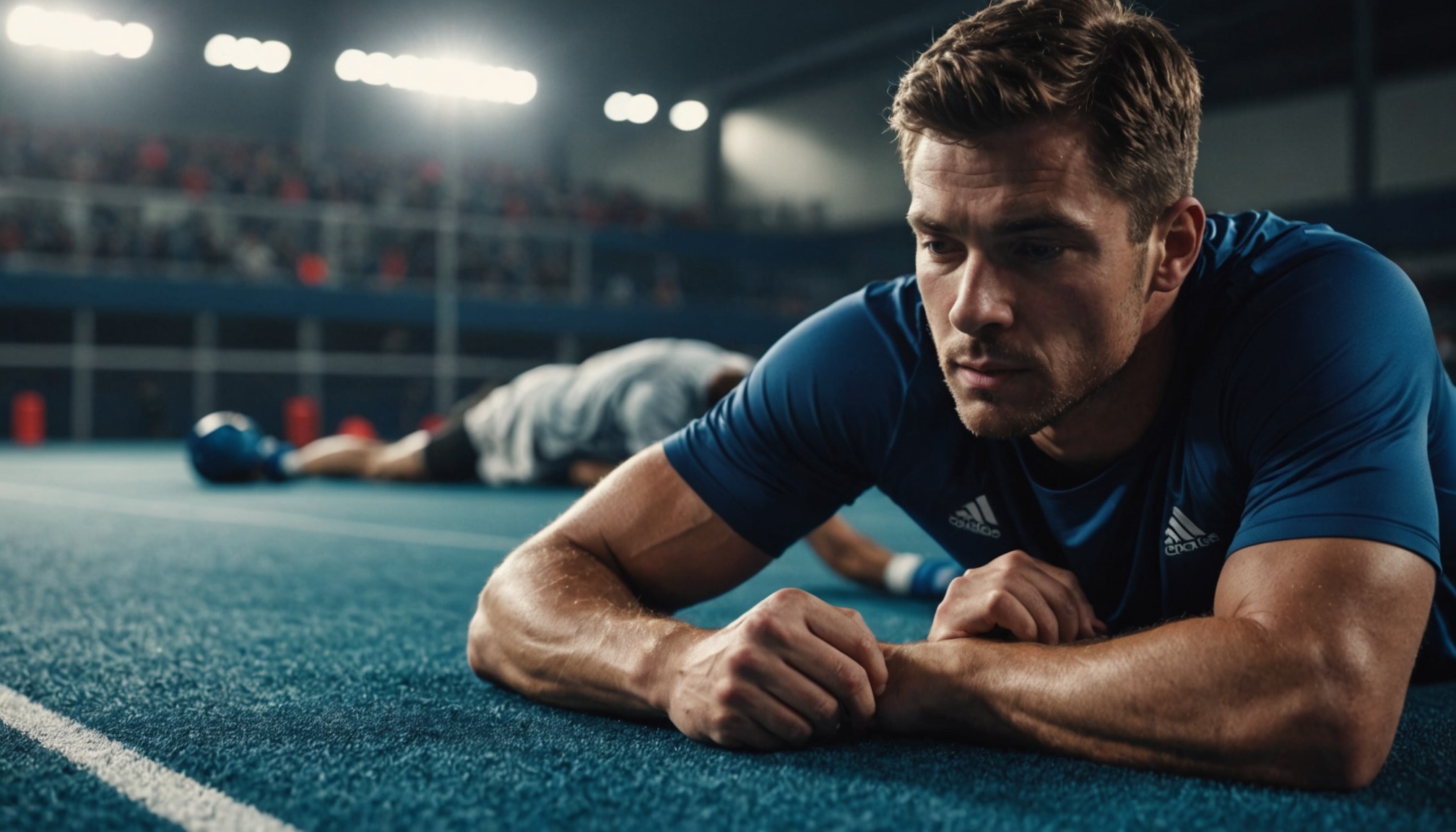Athletes dedicate countless hours to refining their skills, conditioning their bodies, and perfecting their diets. Yet, amidst the rigorous training schedules and meticulous meal plans, one fundamental pillar of peak performance often gets overlooked: sleep. It’s not merely a passive recovery period; it’s an active, essential process that directly influences an athlete’s physical prowess, mental acuity, and overall resilience. Viewing sleep as an integral part of the training regimen, rather than just an afterthought, is the crucial shift that separates good performance from truly exceptional results.
The Physiological Power-Up You Can’t Skip
The benefits of prioritizing sleep extend deep into the physiological mechanisms governing an athlete’s body. During restful slumber, the body orchestrates critical repair processes: cells and tissues regenerate, cardiovascular health is promoted through regulated heart rates and breathing, and the immune system ramps up cytokine production to ward off illness. This nightly restoration is vital for athletes to bounce back from intense physical exertion, minimize inflammation, and maintain a robust defense against pathogens – ensuring they can consistently show up ready to train and compete without interruption.
Mastering the Mental Game: Sleep’s Cognitive Impact
<
Beyond the physical, sleep profoundly sharpens the mental toolkit essential for athletic success. It’s during sleep that the brain consolidates memories, transforming practice repetitions and newly learned techniques into ingrained skills. Cognitive functions like rapid decision-making, adaptive problem-solving, and strategic thinking – all critical in fast-paced sports – are significantly enhanced by adequate rest and severely hampered by sleep deprivation. Furthermore, quality sleep acts as a powerful mood regulator, reducing irritability and bolstering mental health, which in turn fosters the resilience and focus needed to overcome challenges and perform under pressure.
The tangible impact of increased sleep on athletic output is undeniable, backed by compelling research. Studies have demonstrated remarkable improvements: basketball players extending sleep saw faster sprint times and shooting accuracy soar by up to 9%; swimmers achieved quicker reaction times off the blocks and improved turn speeds; and tennis players experienced a significant boost in serve accuracy, from 36% to nearly 42%. Conversely, a lack of sleep quickly introduces detrimental effects: decreased sprint times, plummeting accuracy (up to 53% in tennis serves), faster exhaustion rates, impaired reaction times, and a higher risk of both injury and illness. The evidence is clear: sleep isn’t just about feeling better; it’s about performing better, consistently.
Strategize Your Slumber: Practical Steps for Athletes
For athletes aspiring to maximize their potential, integrating strategic sleep habits is non-negotiable. Elite performers often require more than the standard seven to nine hours, aiming for nine or more, treating sleep with the same reverence as their training and diet. Beyond simply clocking hours, optimizing sleep hygiene – creating a dark, cool sleep environment, avoiding screens before bed, and managing stressors – is paramount. Strategic napping can provide a valuable boost, while proactively adjusting sleep schedules for travel and managing jet lag can mitigate performance dips. Ultimately, understanding and respecting the intricate relationship between sleep and athletic performance empowers athletes to unlock an unparalleled competitive advantage, transforming rest into a powerful tool for achieving their highest goals.













